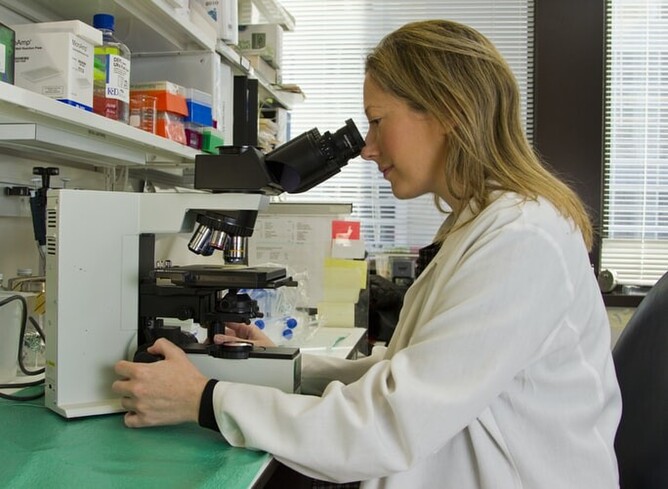The Gut Cancer Foundation is delighted to announce a new grant of $100,000 for a New Zealand study offering new hope of preventing pancreatic cancer in a high risk group of patients.
Every year, hundreds of New Zealanders are diagnosed with a form of pancreatic cyst known as intraductal papillary mucinous neoplasms (IPMN). The likelihood that these cysts develop into pancreatic cancer varies, but for those at most risk, there is a 25% chance that their IPMN's will develop into pancreatic cancer within 10 years.
For this high-risk group, the recommended treatment is radical surgery, which carries with it significant risks. Because of other health issues and potential comorbidities, many patients diagnosed with high risk IPMN's have an increased chance of complications from surgery. This particularly vulnerable group are therefore left with no good options when it comes to treating their IPMN’s and reducing their risk of developing pancreatic cancer. In addition, because of the risks involved, some patients may choose not to go down that route.
An alternative treatment that has been developed in the US is endoscopic ultrasound-guided pancreatic cyst ablation (EUS-PCA). This method injects chemotherapy treatment directly into the cyst, using an endoscope inserted into the stomach. So far it has a high success rate in safely shrinking the IPMN cysts, with most disappearing completely and not recurring during several years of follow-up.
Thanks to Gut Cancer Foundation supporters, clinicians and researchers across the Waikato and Waitemata regions have come together to investigate the feasibility, efficacy and safety of implementing this new treatment option across two New Zealand centres.
This multi-disciplinary team of oncologists, gastroenterologists, surgeons and molecular medicine researchers are trialling the use of a chemotherapy combination (gemcitabine and paclitaxel) as part of the EUS-PCA method. Trials in other countries have indicated this new treatment option both increases the efficacy of the intervention (i.e. improves the response to the treatment vs existing options), and crucially does so whilst significantly reducing the risk of complications.
If proved successful, this treatment would reduce the number of patients requiring surgery, treat patients who are not fit for surgery and reduce the incidence of invasive pancreatic adenocarcinoma. This is also likely to reduce inequity for Māori, who are at higher risk of being ineligible for surgery for these IPMN cysts.
Gut Cancer Executive Officer, Liam Willis said:
“We are thrilled to be funding this exciting, New Zealand research. This study is looking at a new treatment option for a group of patients who are at a high risk of developing invasive pancreatic cancer, a group that currently has very limited treatment options.
We don't currently have an agreed method of screening for pancreatic cancer, so the early detection and effective treatment of these type of pancreatic cysts may be the best current strategy we have for reducing the number of New Zealanders diagnosed with this devastating disease".
The study’s Co-Principal Investigator, Assoc. Professor Michael Jameson said:
“We really appreciate this generous grant from the Gut Cancer Foundation, which will support our study team to help two major NZ hospitals to start using this new treatment for patients at higher risk of developing cancer of the pancreas. It will bring a preventative treatment option to many people who would not be able to have the recommended surgery. We hope that this study will help this new treatment become available around NZ”.
Funding for this research has been made possible through the generosity of Gut Cancer Foundation supporters, and particularly the funds raised through the recent PanCan Gala. We are extremely grateful to everyone involved with that event who, along with the wonderful support of our donors, fundraisers and corporate partners, have made this grant possible.
Click here for a detailed overview of the study and its aims
